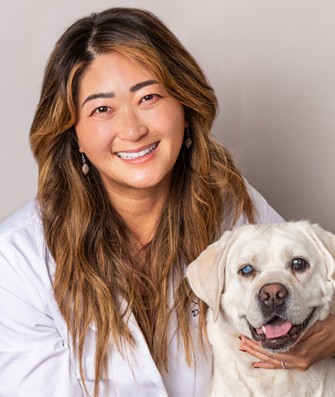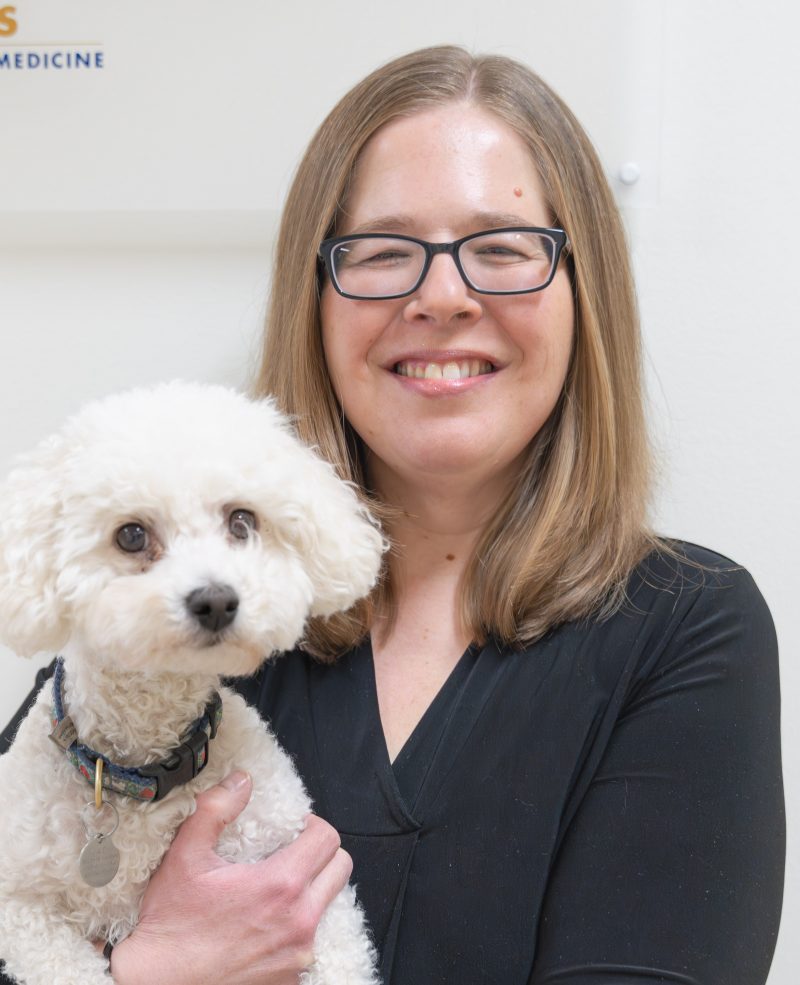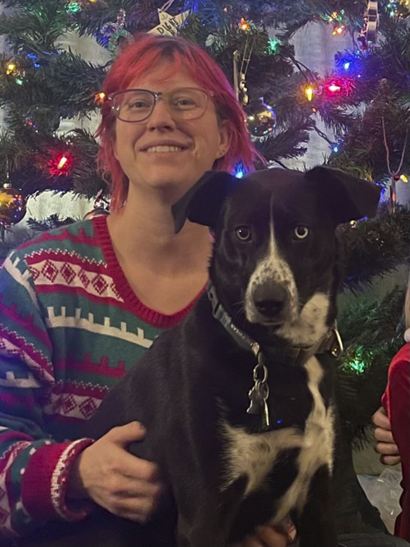| 8:00 AM-9:15 AM |
Introductory Maxillofacial Trauma Workup and Basic Trauma Repair Techniques
Maxillofacial trauma can result in debilitating injuries and long-term dysfunction. This session will review fracture biomechanics, proper medical assessment, and diagnostic imaging of maxillofacial trauma in dogs and cats. Additionally, basic trauma repair techniques, such as circummandibular cerclage wire, interfragmentary wire, and soft tissue repair techniques, will be reviewed. |
| 9:25 AM-10:25 AM |
Advanced Repair Techniques for Maxillofacial Trauma
This session will be a continuation of the prior discussion on maxillofacial trauma and will include a discussion on interdental wire and composite splinting, open reduction and internal fixation, and regenerative procedures. |
| 11:00 AM-12:00 PM |
A Patient-Centered Approach to Oral Oncology
This session will discuss comprehensive diagnostic work up and proper biopsy techniques for oral tumors. We will review the biologic behavior of the most common oral tumors in dogs and cats and discuss potential treatment options with a focus on surgical resection. |
| 1:30 PM-2:30 PM |
Surgical Approach and Techniques for Oral Tumor Resection
Successful resection of oral tumors requires a strategic, detail-oriented approach. This session will discuss advanced techniques for tumor resection in the orofacial region including maxillectomy, mandibulectomy, mandibular rim excision, orbitectomy, and zygomectomy. |
| 2:40 PM-3:40 PM |
Difficulties in Temporomandibular Joint and Masticatory Function
This session will discuss common differential diagnoses for inability to open and close the mouth. We will examine the appropriate diagnostic approach to these types of cases and review proper medical and surgical treatments for specific indications.
|
| 4:15 PM-5:15 PM |
Inflammatory Oral Diseases in Cats and Dogs
Inflamed lesions in the oral cavity can be non-specific and can greatly impact patient quality of life. In this session, we will discuss common oral inflammatory lesions in the dog and cat and review how oral exam findings and appropriate diagnostic testing can lead to the correct diagnosis. We will also touch on the most effective treatments for common oral inflammatory disease in dogs and cats.
|
![]()










































